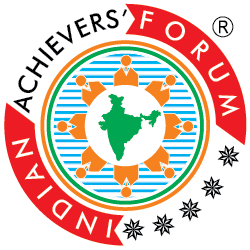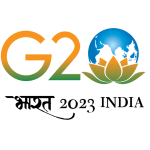
Mr. Rahul Verma


Achiever's Success Story
Mr. Rahul Verma’s remarkable professional journey
A B.Tech. graduate in Textile Technology from India’s oldest textile engineering college -Government Central Textile Institute, Kanpur, Mr. Rahul Verma, in order to enhance the techno-commercial skills, further did Master’s in Marketing Management from Lucknow University. After gaining strong global exposure in India’s top garment companies like -Shahi Exports and Asmara International, entered in overseas apparels Industry with a vision of doing something extra ordinary to inch up the Industry and to strengthen the global presence of Indian professionals.
He currently serves as the Vice President at Fakir Apparels Limited (FAL) Bangladesh. Every business has to go through challenges and under his leadership, he took the challenge of adding new milestone of high-tech products, which are monopoly of strong manufacturing countries- China and Vietnam. FAL is a well-known knit and outerwear garment manufacturer and exporting across the globe like – USA, Europe, UK, Canada and Japan. He strongly believes in thorough market research of products and brands by using various market intelligence tools. Clear understanding on technical and quality requirements of such products.
Last but very important is to know the SWOT analysis of business (Strength, Weakness, Opportunity and Threat) and then to plot the appropriate road map for next move for entire team in same rhythm. Already onboarded high-end technical brands of products like- technical outerwear, real downs jackets for extreme weather, high-performance sportswear (ski wear, mountaineering, cycling, hunting and fishing etc.) and functional workwear for the use in extreme conditions. Now supplying to the top global brands and also to sponsor of Olympics teams for European countries. Company has increased its capacity by 60% in last financial year and planning for aggressive expansion in coming years.
Mr. Rahul Verma believes that this can be a game changer for the Garment Industry in Bangladesh by growing high-tech value-added products instead of traditional basic items. Also, with advantage of lower input cost and dedicated work force, can offer these high technical products in much competitive price than the competitors in monopoly countries China or Vietnam.








